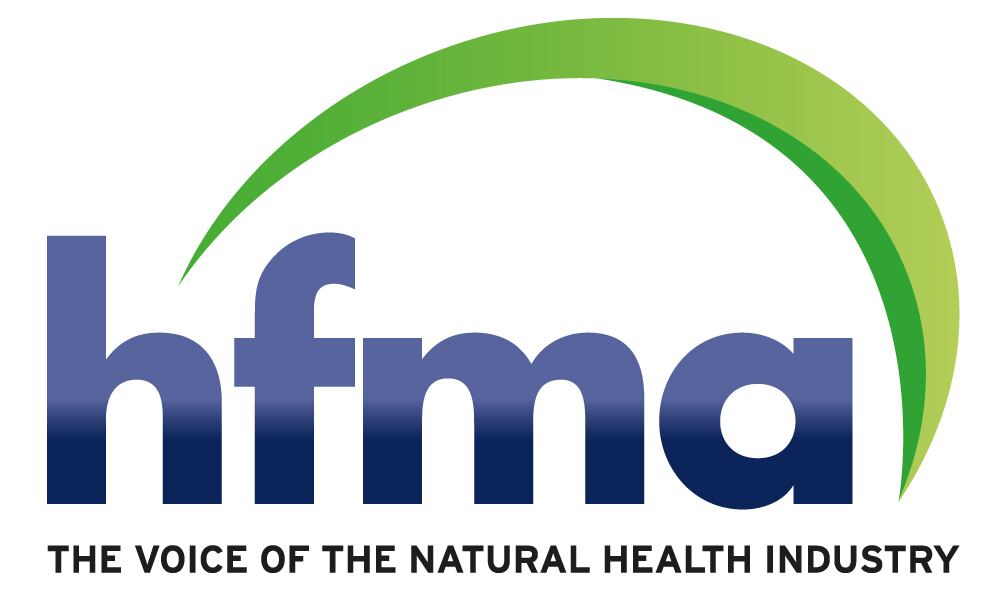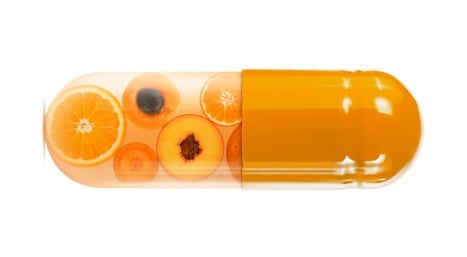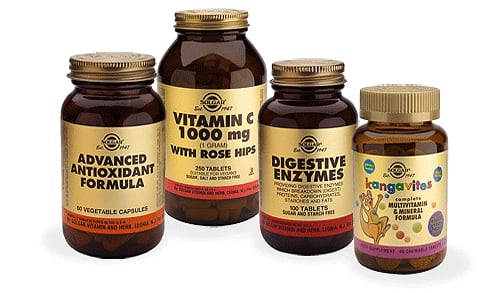The last 6-12 months have not been much fun on this front given the amount of time taken up with label revisions…not to mention all the on-going additional training throughout the company, writes Solgar UK technical manager, Alex Kirchin.
In writing this piece I am reminded of a quote from Mary Shelley’s Frankenstein: “Nothing is so painful to the human mind as a great and sudden change.”
Suffice to say our regulatory department has not been very popular in delivering news of the changes caused by the overtly restrictive elements of this piece of legislation.
They have diligently kept up to speed with the NHCR through attending various UK Health Food Manufacturers’ Association (HFMA) working group meetings and seminars and as a result we have been constantly reviewing the data and making necessary changes where possible.

Corridors of uncertainty
Whilst we have made some provision there still seems to be much uncertainty over interpretation not only throughout Europe but even at a regional level within the UK.
The situation is still very unclear, for example:
- What is a Commercial communication as opposed to say, educational or factual response?
- How is a store employee going to be able to remember what is an authorised claim let alone what its conditions are?
- What is going to be allowed in regard to permitted rewording of claims?
- What about a product with no on-label claims in an area marked with a general health claim, or even adjacent to a similar product that has an approved on-label claim?
- Is the regulation really enforceable outside of the written word?
Beyond complex
This raises a situation that is beyond complex and is caught in the overlap of the Traditional Herbal Medicinal Products Directive (THMPD), Novel Foods and the NHCR.
It seems that those botanicals with a history of food use are likely to be secure, but there is no guarantee.

Could ‘ambivalent’ herbs that have both food and medicinal effects have dual status? After all, surely botanicals such as sage cannot be classified as a medicine? Do such botanicals exert a significant physiological effect at a specific dose, in which case so does sugar, alcohol, coffee and one could argue even water.
‘Let food be thy medicine’?
By overtly restricting communication on the health-giving properties of many historical botanicals we risk inadvertently limiting our population’s intake of important health protecting phytochemicals.
This is a huge category with enormous influence on health and well-being and is at the heart of our industry’s success, hence the urgent importance of the botanical health claims being finalised.

Pre-internet monstrosity
Whilst the intention of this legislation, to ensure a pan-European standard of supported claims, is a valid and worthwhile goal – what has finally emerged is a monstrosity that needs to be sidelined before it’s too late. It is also worth noting that this legislation was drafted before the internet became part of most people’s lives and needs to be updated to reflect modern ways of communication and working.
Will this legislation have the effect of driving consumers to the internet where questionable, unsupportable and unregulated claims are made from questionable sources?
Will consumers be able to differentiate products from cheaper immitations?
Right now it feels like we have more questions than answers. We await clarity.
In the meantime, we will continue to support the legal action against this legislation.
